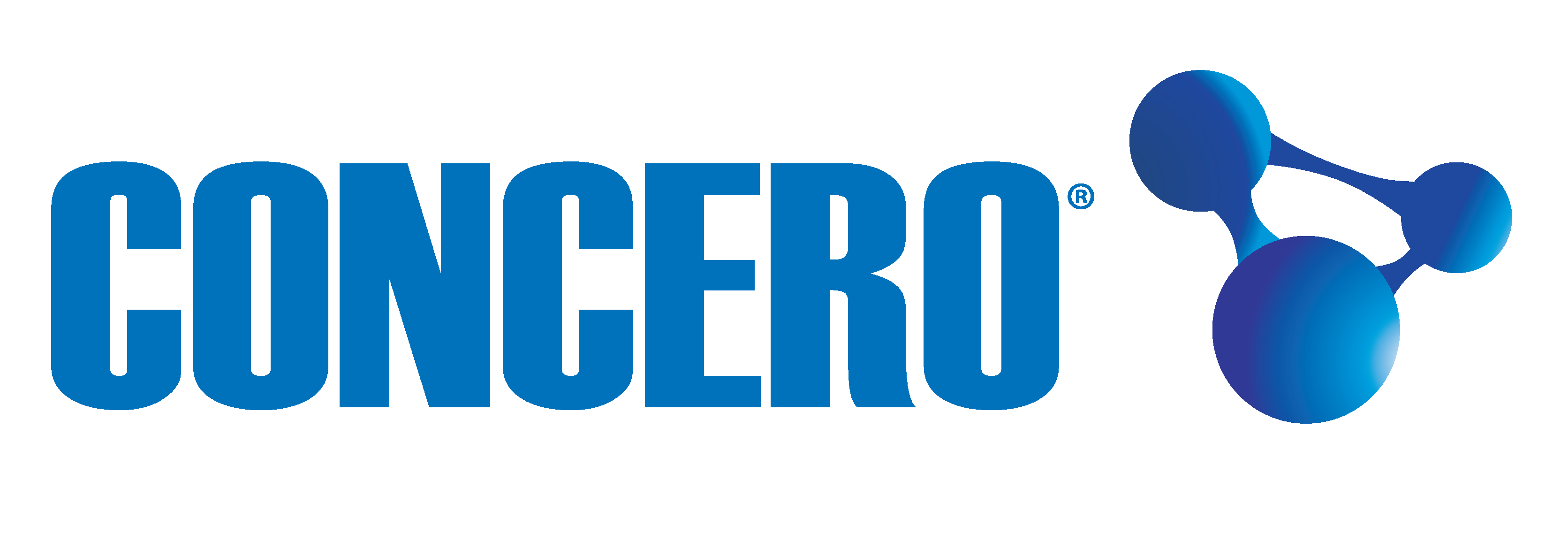How To Quit Your Job
For many people, a new job means that you’re leaving your current company. Keep in mind, however, that your “exit strategy” should make sure that people remember you for the right reasons. There are many tangible benefits to ending things on a good note.
Leaving a good impression can be a valuable investment — think future contacts and professional references, as you never know when someone you have worked with could become valuable for your career.
Let’s look at the best way to make a graceful transition from your old position to the new. Before even thinking of leaving your old job you need to make sure that you’ve finalized all details with your new employers. In most cases, professional recruiters take care of this transitional phase, providing starting dates, for example, and taking care of the necessary details so that your path ahead is certain and you can quit your job with confidence.
DO give notice:
You should always give notice before leaving your job. Two weeks is the rule of thumb, but earlier can be even better if you’re already confident of your new position.
DO write a resignation letter:
Always write a formal letter of resignation. Remember, your letter will go into your employee file, so make sure that it shows consideration and respect for your old employers, even if you don’t feel that way. This is also a good time to inquire about all your outstanding benefits and salary.
DO work with management:
Discuss your exit strategy with your employer and work out the best way to announce your departure to coworkers. Keep management involved, and on your side; this will give them a good impression and help facilitate the transition for all involved.
DON’T leave a mess:
Make an effort to leave a presentable workstation as you leave your old job. Clean up your computer and organize files and other equipment in an efficient manner. Generally, make sure that whoever takes your old job is left wowed by the thoughtful way you’ve left your workstation. Remove your personal items and files, and don’t forget to take your ex-colleagues’ contact details to facilitate remaining in touch.
DO leave a positive impression:
As previously stated, you should always make sure to be positive in your resignation letter, with employers and with colleagues. You need to ensure that you leave on the best possible terms because you don’t know when you may need a reference or other assistance from someone in your old company.
DON’T boast about your new position:
Balance being humble with being excited, as your goal is for your current colleagues to be supportive of you and keep their high opinion of you.
DO help with the transition:
If possible, offer to help in the transition phase. Show your replacement the ropes and work hard to minimize any negative impact your vacancy will create for your employer. This will help impress management and create a lot of goodwill towards you.
DON’T slack:
People tend to remember their first and last impression of someone. The moment you give your notice, you should be aware that you will be under scrutiny. Do your utmost to give a 100% for the next two weeks.
DO ask for references:
After all the effort you’ve put into leaving gracefully, don’t forget to ask for a reference. This will be an invaluable career-furthering tool. The more references you have, the better.
DON’T forget to say goodbye:
After a couple of weeks of effort creating invaluable contacts and ensuring you leave on the best terms possible, it’s time to let go of your old job finally. The only thing remaining is to say goodbye to everyone. You can do this by sending an email to everyone, but even better is a send-off with a happy hour or group lunch. Take time to thank old mentors and colleagues personally.
DO keep in touch:
Keep updating your social media presence and keep in touch with your former colleagues. Former colleagues are a good source of future opportunities, professional assistance, referrals, references, and goodwill, as well as genuine friendship.
Leaving an old job isn’t about closing a chapter of your professional life to start anew, but rather a continuous evolution in which your experience and contacts comprise the foundation for future success. At Concero, we’re here to guide you through change and to make sure it is as smooth as possible.
